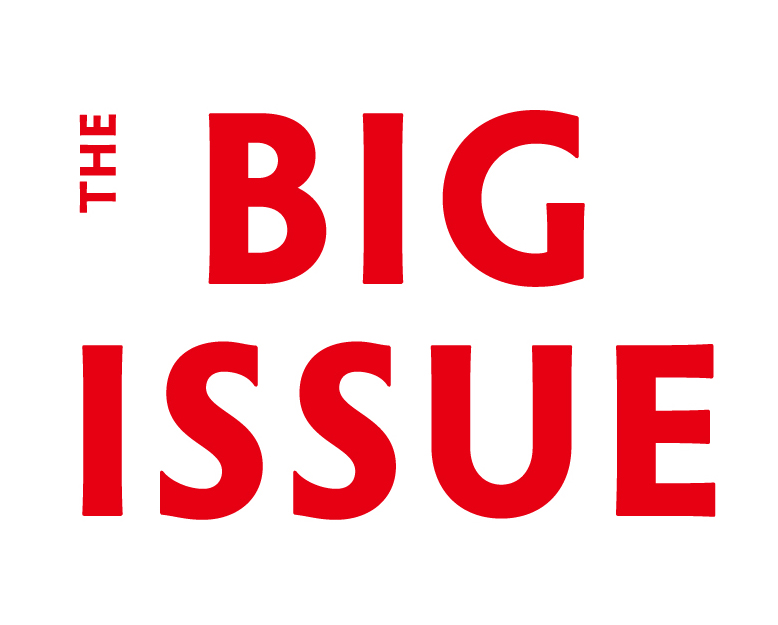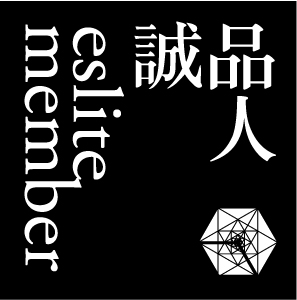「傳統音樂」為與一個民族的社會生活及其文化、歷史有密切淵源關係的文化現象。南管與北管皆為臺灣傳統音樂的一大系統,也是一種群體性音樂。南管是流行於沿海地區經濟發達的城市,是一種具有藝術內涵的休閒生活;北管的曲目分佈比南管更廣,演出形式也較為複雜,一般民眾容易於民俗活動中接觸到鼓吹類音樂及戲劇表演為多。近年來由於社會變遷均面臨著失傳的隱憂。
傳統音樂學系肩負著保存、傳承與推廣的重要使命,長期以戶外假日音樂會的輕鬆方式,除顯現南管與北管音樂的本土與在地性,更貼近一般普羅大眾。讓傳統音樂藉由新一代的演出者,將南北管樂曲的動聽之處,用小而美的演奏方式,為他們譜出新的生命。
國立臺北藝術大學音樂學院傳統音樂學系成立於1995年,乃為了培育傳統音樂專業人才,以傳承、研究並發展傳統音樂而設立,並於2007年成立碩士班。學士班設有「古琴」、「琵琶」、「南管樂」、「北管樂」與「音樂理論」等五項主修,其中古琴與琵琶為中國傳統音樂中代表性的樂器,不論藝術內涵與曲目質量均相當可觀;南管樂與北管樂則為最具特色與內涵的臺灣傳統音樂;音樂理論主修則以加強傳統音樂的研究,培育研究人才為目的。
Traditional music is a cultural phenomenon that is closely tied to a society's daily life, culture, and history. Performed in a group, Nanguan and Beiguan are the two main traditional music forms of Taiwan. Nanguan was popularized in the more prosperous coastal cities of Taiwan, and was practiced as a form of leisure. On the other hand, the scope of Beiguan is broader, and its performance formats more complex. People are more likely to experience Beiguan's percussion and wind instrument music and theatrical performance at folk activities.
In recent years, traditional music has been facing the jeopardy of disappearing due to social changes; therefore, TNUA's Department of Traditional Music shoulders the great responsibility to preserve, pass on, and promote this invaluable form of art. They will perform Beigun and Nanguan in a casual outdoor setting to emphasize the local and daily-life aspects of Nanguan and Beiguan. A new generation of musicians will perform in a small yet elegant concert format that sheds a new light on these two types of traditional music.
The Department of Traditional Music was founded in 1995 to serve the needs of heritage, scholarship, development and education of traditional music in Taiwan. The Department offers undergraduate and graduate (M.A. and M.F.A.) programs. The undergraduate studies have a four-year curriculum in which students may choose to major in Chhin (Qin), Phi-pha (Pipa), Lâm-koán (Nanguan), Pak-koán (Beiguan) or Music Theory. Among these fields of studies, the Chhin and Phi-pha are representative instruments of traditional Chinese music with rich repertoire requiring deep artistry; Lâm-koán and Pak-koán are the most characteristic Taiwanese traditional music; the Theory major, added in 1998, enforces the studies of traditional music.



















